For the first time ever in Europe, coral eggs were successfully fertilised using frozen and thawed coral sperm.
how to help
For many species, it’s now or never.
Donate Nowor why not Fundraise For Us?
Conservation charity’s innovative and scalable solution to the extinction crisis has been recognised
HRH Prince William launched the Earthshot Prize in 2020 to uncover the best international solutions to solve our planet’s biggest environmental problems by 2030 – 10 years to save our world.
Now, Nature’s SAFE, the wildlife biobanking charity on a mission to Save Animals From Extinction is one step closer to achieving global impact thanks to becoming an Earthshot Prize Nominee!
The Shropshire based biobank has been running for just over 2 years, and in that time has gathered an impressive team of world-leading scientists who are freezing live cells and cell lines from endangered animals. The aim? To ensure we preserve a genetic lifeline for animals threatened with extinction.
The Earthshot Prize was designed to ‘find and grow the solutions that will repair our planet this decade’. Founded by HRH Prince William, 5 organisations delivering impact in areas of protecting and restoring nature, cleaning our air, reviving our oceans, reducing waste, and fixing the climate are selected and accelerated on their journey with £1million funding and professional support.
Sofia Castelló y Tickell from Conservation Optimism, who put forward Nature’s SAFE as a nominee for the Earthshot Prize said “We were very happy to nominate Nature’s SAFE, who are part of Conservation Optimism’s ConservationNOW network. Their work takes important practical action to safeguard the future of endangered species, and we wish them the very best for the next phase of the selection process.”
Nature’s SAFE has been supported on their journey from the beginning by Chester Zoo – the largest zoo in the UK and a leading conservation charity. Dr Sue Walker, Head of Science at Chester Zoo, co-founder and Vice Chair of Nature’s SAFE said:
“Currently, there are 1 million species at risk of extinction. Nature’s SAFE is an innovative approach to bank millions of years of evolution quickly.
It is a scalable solution focused on collecting, indefinitely storing and regenerating live reproductive cells and cell lines from tissue that would otherwise be disposed of, we are literally freezing biodiversity loss in its tracks until the landscapes in which these species thrive can be repaired and restored.”

Photo (C) Chester Zoo 2023
Nature’s SAFE currently holds 477 samples from 173 species including sperm, ovarian and testicular tissue and skin. But in order to successfully safeguard the future of the animal kingdom as we know it, samples from at least 50-100 genetically distinct individuals from each species need to be secured.
“We join the Earthshot Prize vision, that by 2030, our natural world is growing, not shrinking. Traditional conservation methods aren’t working – the natural world is still getting smaller.
Sadly, for some species, it’s now or never, but Nature’s SAFE brings hope! Our solution to this catastrophic decline in biodiversity is here now, and our charity model is easily scalable to reverse biodiversity loss, enabling us to make huge impact by 2030.” Dr Rhiannon Bolton, Co-Founder and Biobank Lead Nature’s SAFE
Please contact media@natures-safe.com
Nature’s SAFE
Nature’s SAFE is a Living Biobank on a mission to save animals from extinction by collecting, indefinitely storing, and regenerating reproductive cells and cell lines from endangered animal species. Our science-led charity is setting the bar in cryoconservation technologies, uniting biotech with conservation management stakeholders to halt and reverse biodiversity loss. Our work is entirely funded by donations. Please visit www.natures-safe.com to find out more or get in touch via office@natures-safe.com.
Donations for Nature’s SAFE can be made via facebook PayPal, JustGiving or directly through their website www.natures-safe.com
Nature’s SAFE is also part of 1% for the Planet and offer a range of corporate partnership options.
Conservation Optimism: www.conservationoptimism.org
Chester Zoo: www.chesterzoo.org
Don’t miss
For the first time ever in Europe, coral eggs were successfully fertilised using frozen and thawed coral sperm.
Nature's SAFE, a Whitchurch-based conservation charity dedicated to saving animals from extinction, has formed a new partnership with Watatunga Wildlife Reserve, a wildlife park in Norfolk housing threatened deer, antelope and bird species.
Nature’s SAFE, the conservation charity on a mission to Save Animals From Extinction, is expanding its collaborative network having formed an exciting new partnership with Shepreth Wildlife Park.
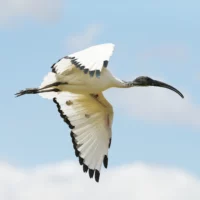
Sacred ibis
Total Population: 200,000 to 450,000 in the wild
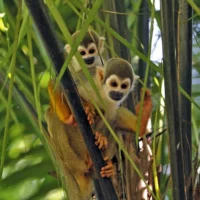
Guianan Squirrel Monkey
Total Population: Around 150,000 in the wild
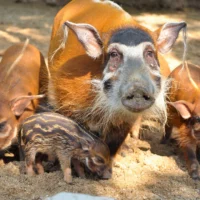
Red river hog
Total Population: Unknown
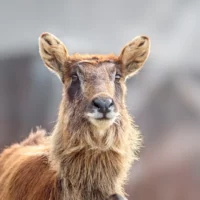
Nile Lechwe
Total Population: 30,000 - 40,000 in the wild
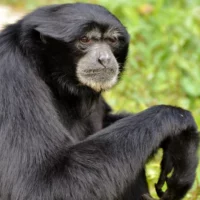
Siamang Gibbon
Total Population: Around 22,000 in the wild
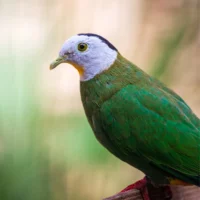
Black-naped fruit dove
Total Population: Unknown
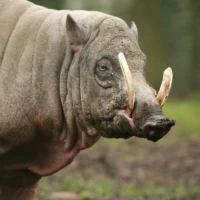
Babirusa
Total Population: Less than 10,000 in the wild
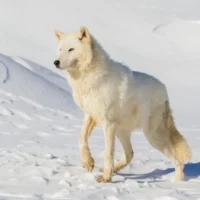
Arctic wolf
Total Population: Around 200,000 in the wild
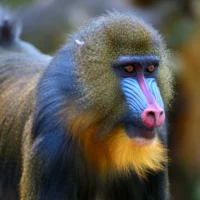
Mandrill
Total Population: Unknown
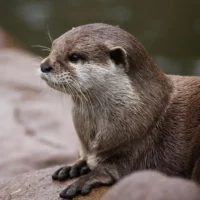
Asian short-clawed otter
Total Population: Unknown
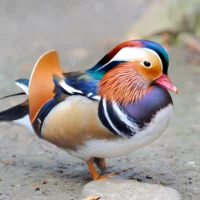
Mandarin duck
Total Population: Around 65,000 in the wild
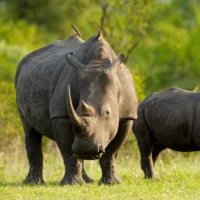
Southern white rhino
Total Population: Around 15,000 in the wild
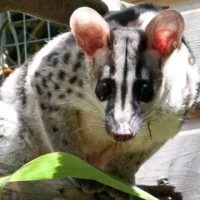
Owston’s palm civet
Total Population: Unknown
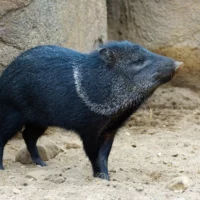
Collared peccary
Total Population: More than 2,000,000 in the wild
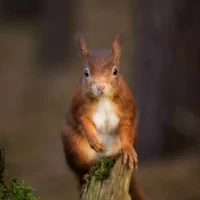
Eurasian Red Squirrel
Total Population: 120,000 to 160,000 in the wild
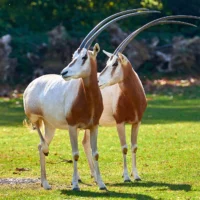
Scimitar-horned oryx
Total Population: Around 400 in the wild
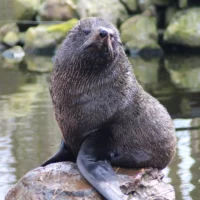
South American fur seal
Total Population: Around 200,000 in the wild
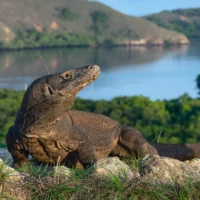
Komodo dragon
Total Population: Around 3,500 in the wild
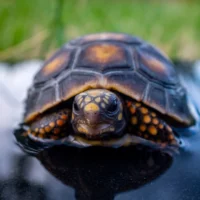
Red-footed tortoise
Total Population: Unknown
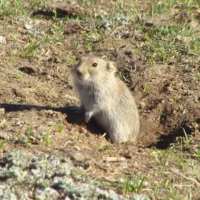
Brandt’s vole
Total Population: Unknown
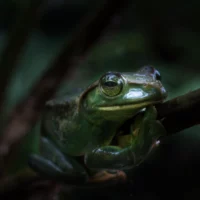
Fea’s tree frog
Total Population: Unknown